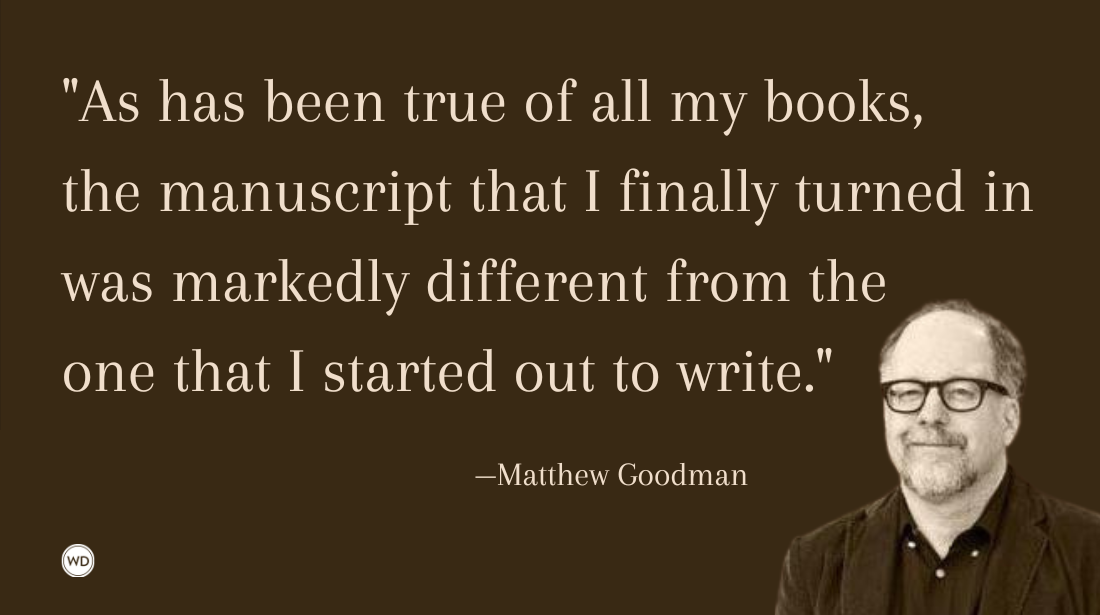Myriad vs. Myriad Of (Grammar Rules)
Learn when to use myriad vs. myriad of on with Grammar Rules from the Writer’s Digest editors, including a few examples of correct usages.
Today's post is one I've wanted to address for a while. I know some people who believe that the word myriad should never be followed the word of. And I know many people use the word myriad with the word of. So who's correct?
Is it "myriad possibilities?" Or is it "myriad of possibilities?" There is a correct answer to this question, but it may be a bit of a trick question. Because both can be correct and wrong depending on how you use the word "myriad."
So let's look at the possibilities for myriad and myriad of.
Myriad vs. Myriad Of
Myriad is a noun and an adjective. As a noun, it means either 10,000 precisely or a great number generally. As an adjective, it means great in number, countless, or innumerable. So that's pretty easy, right?
The real question is, "Do I use 'of' after the word 'myriad?'" And the answer is, "Sometimes you do, and sometimes you don't."
When myriad is used as a noun, it is accompanied by "of." When myriad is used as an adjective, there should be no "of" present.
Make sense?
Here are a couple examples:
Correct: There were a myriad of reasons to take a break from class.
Incorrect: There were a myriad reasons to take a break from class.
Correct: She saw myriad possibilities for the new application.
Incorrect: She saw myriad of possibilities for the new application.
For both incorrect examples, a simple fix would be to add or remove the determiner "a." For instance, removing the "a" before "myriad" from the first incorrect example would make it a correct usage. Also, adding an "a" before "myriad" in the second incorrect example would make it correct.
Here's a way to keep them in check: If you want to say "a great number of," then use "a myriad of." If you want to say "many," then use "myriad," without the extra words.
*****
No matter what type of writing you do, mastering the fundamentals of grammar and mechanics is an important first step to having a successful writing career.
Robert Lee Brewer is Senior Editor of Writer's Digest, which includes managing the content on WritersDigest.com and programming virtual conferences. He's the author of 40 Plot Twist Prompts for Writers: Writing Ideas for Bending Stories in New Directions, The Complete Guide of Poetic Forms: 100+ Poetic Form Definitions and Examples for Poets, Poem-a-Day: 365 Poetry Writing Prompts for a Year of Poeming, and more. Also, he's the editor of Writer's Market, Poet's Market, and Guide to Literary Agents. Follow him on Twitter @robertleebrewer.








